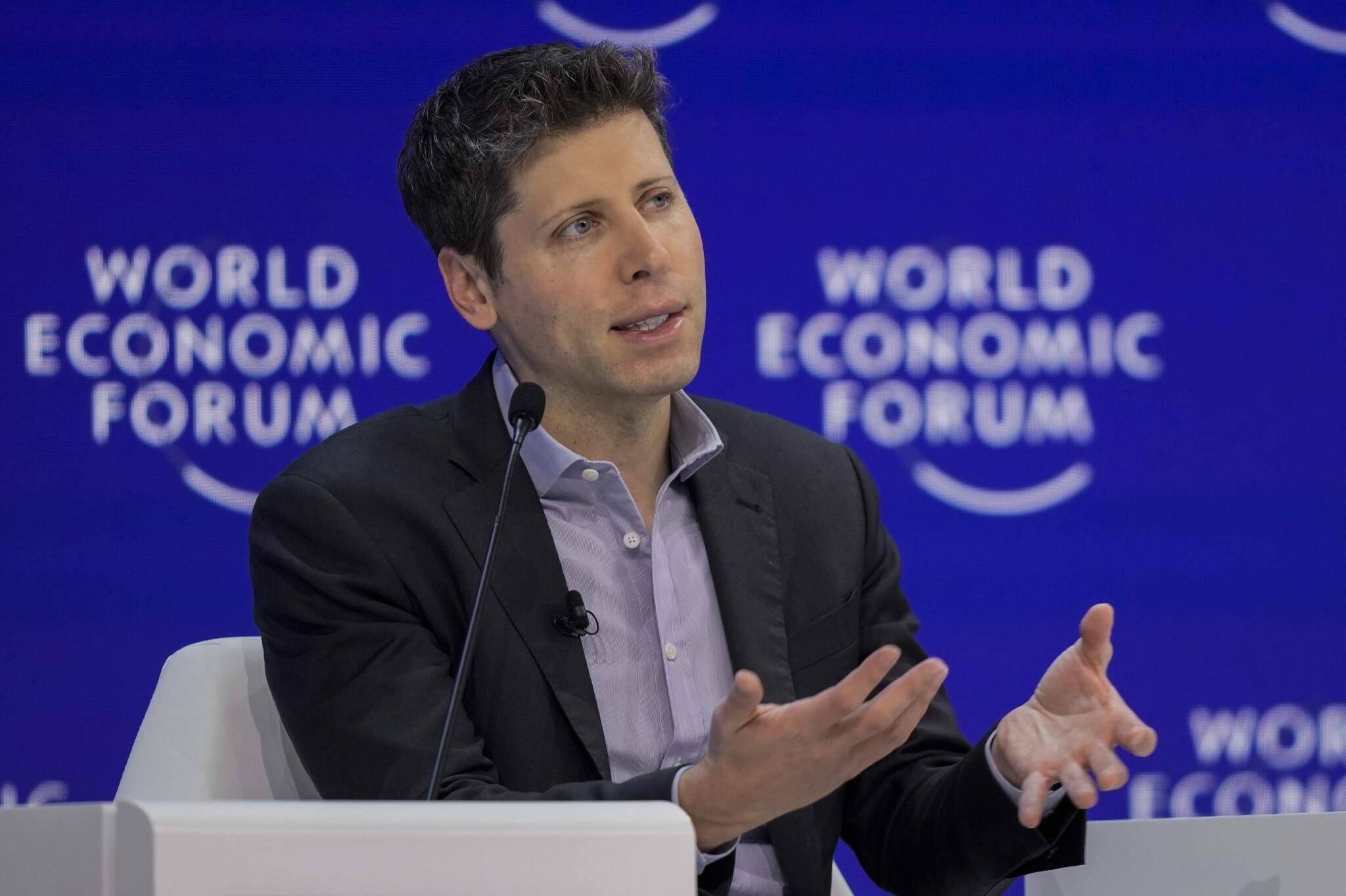Despite Canada’s biggest province having recently undertaken a universal basic income (UBI) pilot of its own, there’s been very little discussion in our country about the results of a robust American study of the policy approach’s effectiveness. And when I say robust, Sam Altman-backed OpenResearch’s initiative was the Cadillac of studies. A big, honking randomized control trial over a three-year timeline, with impressive influence over external variables (they even got the State of Illinois to pass legislation to make sure) and data collection.
The researchers put the results out in July, setting off a flurry of analysis. Some UBI optimists (often the same optimists with a utopian view of the technology that might make UBI suddenly more relevant) plumbed the depths of the data, trying to put a positive spin on the results, and a number of mainstream media outlets reported on the results with a neutral to slightly positive spin.
But aside from those predisposed to see the upside, most could not avoid the glaring, and seemingly conclusive, results around the impact of cash grants on work. Not only did the UBI not increase health outcomes or lead recipients to skill or train up, but the space created by UBI seems to have mostly been taken up by leisure. In fact, it reduced labour market participation, and, most damningly, reduced income overall.
In other words, it turns out that despite its adherent’s insistence, UBI is not a revolutionary policy tool but rather a far more expensive, far less targeted, far more inefficient way to alleviate poverty—in most cases achieving what various other tax credit and income support programs already do, while disincentivizing work and ultimately hurting economic growth.
As it turns out, if you give too many people too much cash, they work less.









